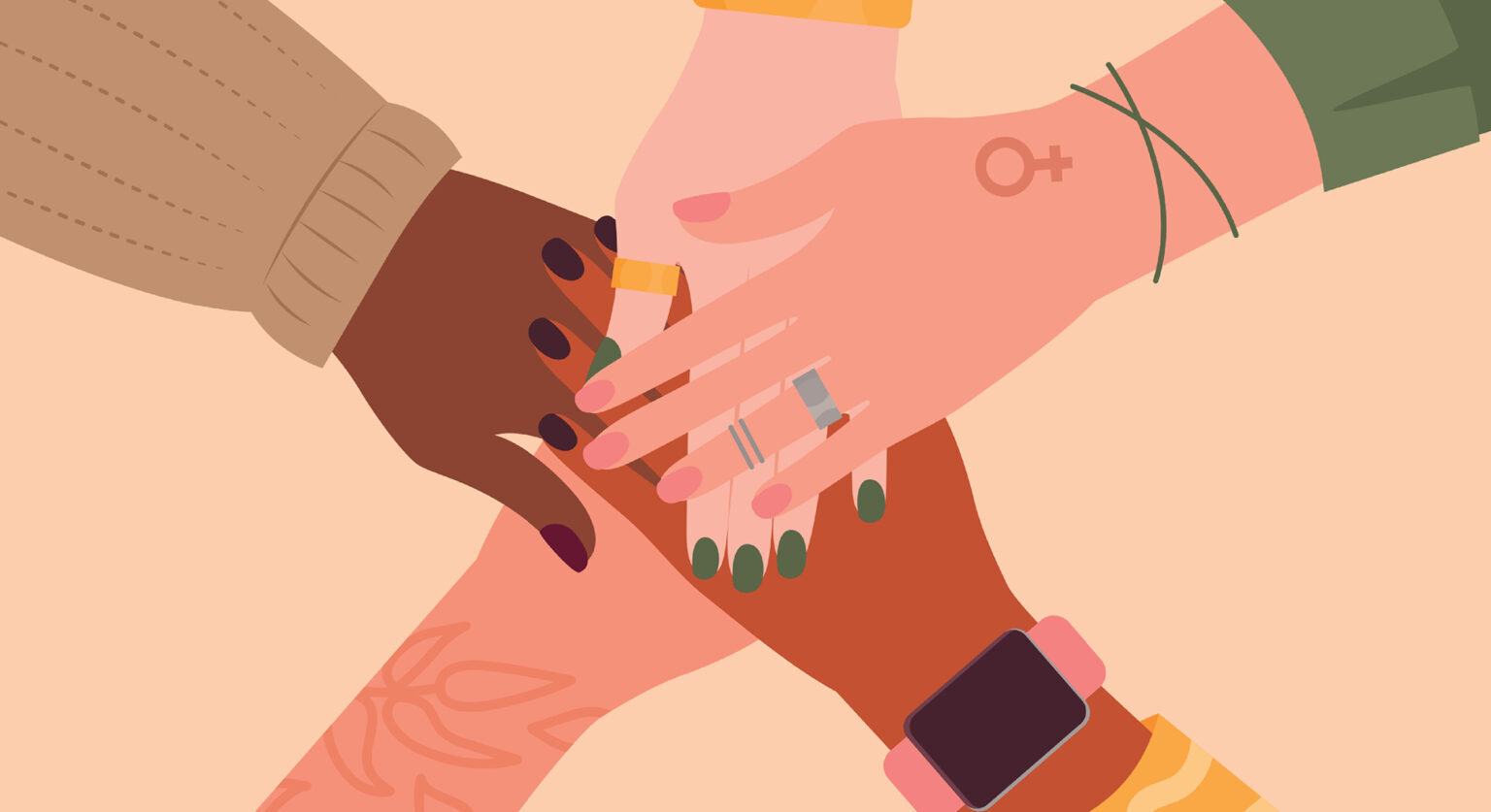Pride 2025: Allyship says, ‘you are seen, you are safe, you belong’
Ten years after marriage equality, Mark Fenton and Patricia Byron ask: Is Irish allyship still active, or are we simply nostalgic for a moment of past progress?

As Ireland celebrates Pride 2025 under the theme “Taking Liberties”, we mark ten years since the introduction of marriage equality and gender recognition legislation. This is an encouraging reflection not just on progress, but on the meaning of freedom and those who fight to uphold it.
This year’s theme reminds us that liberty is never given; it is demanded, defended, and, most crucially, shared.
What occurred in 2015 was a collective act of allyship on a national scale; an unforgettable demonstration of what happens when people step outside their own experience to fight for someone else’s dignity.
While 2015 was a landmark moment of visibility and validation, and allyship played a crucial role, with many straight, cisgender voters showing up, one wonders if this allyship is still to the fore?
The past few years have seen a rise in anti-LGBTQI+ rhetoric and hate, particularly targeting trans and non-binary people. Hate crimes, online abuse, and public disinformation campaigns have left many in the community feeling newly unsafe, even in a country that has long championed progress. Younger LGBTQI+ people, in particular, report rising anxiety and a sense that solidarity has become more performative than protective.
Only last month, activist Panti Bliss noted that even walking the streets in drag can feel more dangerous than it once did.
In 2025, the awareness of, need for and power of allyship has never been more essential. The work is far from done.
We need to stop patting ourselves on the back and saying how great we were in 2015. We need to strive for greatness today and every day going forward.
What is allyship?
Allyship is the commitment to ongoing education, awareness, and action that challenges systemic biases and promotes equality.
An ally listens with empathy, amplifies marginalised voices, and actively works to dismantle discriminatory practices.
Allyship is about using your power, position or privilege to uplift others. Allyship is not a one-off event or an initiative of time-limited focus. At the Allyship Academy, we believe every day should be Allyship Day. It’s the small moments that will continue to create massive change.
How does allyship work?
By understanding and embracing the experiences and perspectives of others, allies can become agents of positive change inside and outside the workplace.
Importantly, allyship also plays a role in legislative progress for LGBTQ+ people. The movement to ban conversion therapy in Ireland, for example, has gained ground thanks to pressure from advocacy groups working in tandem with political allies. Progress is being made, but gaps remain.
And then, there’s the joy. Pride is a protest and a celebration. When allies show up in solidarity, they help create a safer space for everyone. Dancing in the street or simply listening with empathy are acts of resistance and connection. They say: you are seen, you are safe, you belong.
What can we do now?
As we celebrate Pride and its theme, ‘Taking Liberties,’ let us also take responsibility for one another and for the kind of Ireland we want to build.
In the face of backlash and fear, allyship is one of our most powerful tools. When LGBTQ+ people and their allies stand together, our liberties are not just protected, they’re expanded.
Be the ally you wish you had. Be the difference that will make the difference.
Mark Fenton and Patricia Byron are the Co-Founders of The Allyship Academy